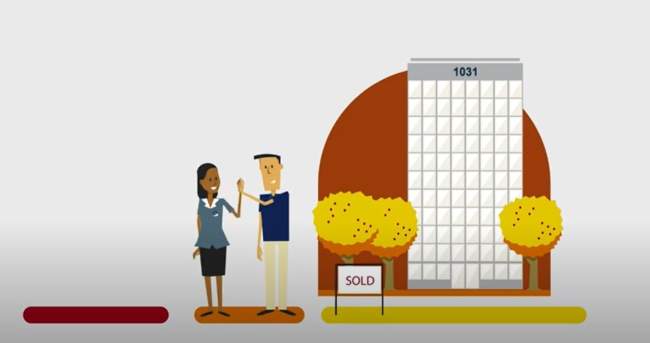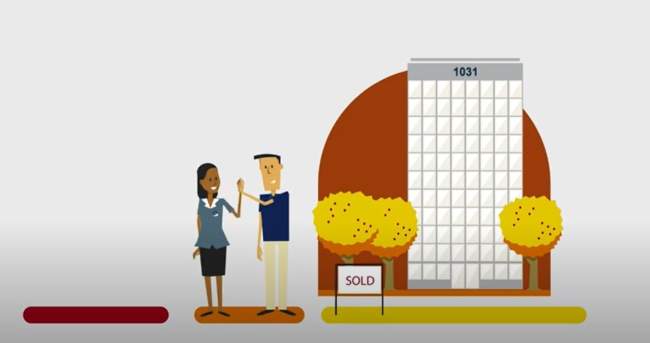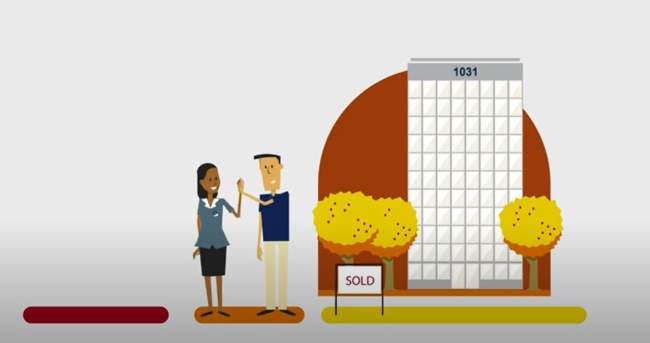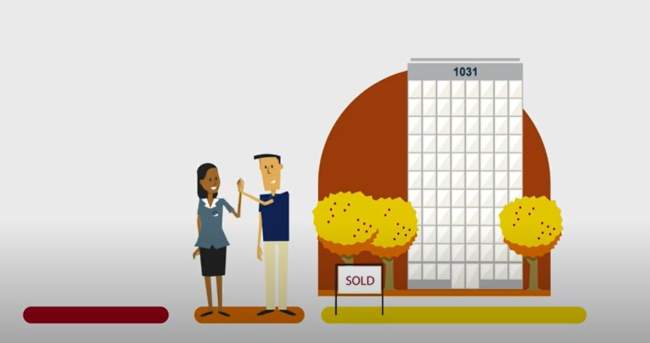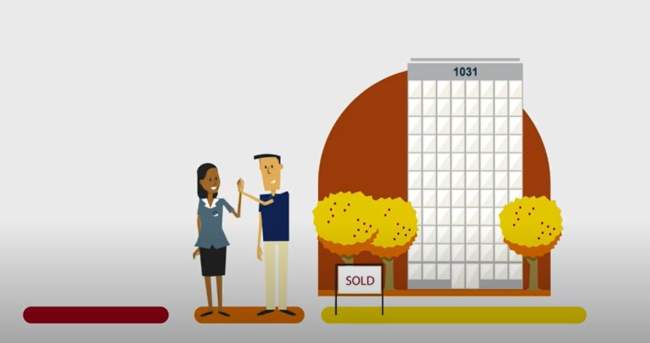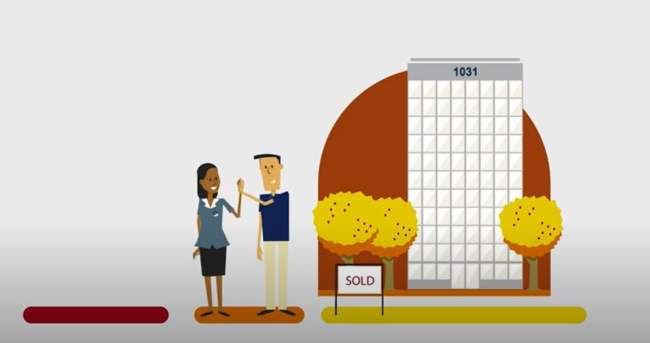Since 1921, the rules for qualifying and completing 1031 exchanges have gradually broadened and become less restrictive. Even so, there are do’s and dont’s, and several gray areas of which taxpayers should be aware. A Qualified Intermediary (QI), like Accruit, is accustomed to dealing with all types of complex exchanges, and wants to make sure that the complexity of an exchange doesn’t deter you from considering one. Your QI will help you put the pieces together to process an exchange successfully.
For the taxable gain to be deferred, specific key requirements must be satisfied:
Properties Must Be Exchanged
There Must Be No Constructive or Actual Receipt of Exchange Funds
Properties Must be “Like-Kind”
Exchange Must Be Equal or Up in Value
Taxpayer Must Follow Exchange Time Limit & Identification Requirement
Properties Must Be Held for Business or Investment Purposes:
The relinquished property and the replacement property must be held for business or investment purposes. For example, a sale of business property is not required to be replaced with other business property; it can be replaced with investment property or vice versa.
There are no standard or specific 1031 exchange holding periods by which a taxpayer must abide for property to meet the definition of “like-kind” or held for investment or business use. The only exception is Section 1031 of the Tax Code, with certain limited exceptions, prohibits exchanges where the taxpayer intends to acquire replacement property from a related party.
Related Party is defined in I.R.C. § 267(b) or 707(b)(1) and generally covers exchanges between family members as well as exchanges between other entities where there is a high commonality of ownership. Related Parties are discussed below.
Holding periods are, therefore, determined on a case-by-case basis regarding the taxpayer’s genuine intentions based in part on:
Reasons for acquiring, holding, and disposing of the property.
The taxpayer’s primary occupation.
Previous 1031 exchange activity.
Use of the property.
Generally, the longer the holding period, the better. However, a taxpayer who is disqualified from utilizing the benefits of Section 1031 would not then qualify merely because of a long holding period. What the Code, the courts, and the I.R.S. want to prevent is taxpayers holding property primarily for sale and attempting to defer their taxes utilizing Section 1031 (e.g., a builder of residential subdivisions).
1031 Exchange Related Party Rules
When a taxpayer exchanges like-kind property with a related party, the exchange is subject to finding an exchange company well-versed in the complexities surrounding 1031 exchanges and the tax law considerations associated with them. As with all matters concerning 1031 exchanges, it is highly advisable to consult with an independent professional regarding any proposed transaction’s legal and tax consequences.
To learn more about the considerations for deferral state tax, we offer a free, no-obligation consultation with one of our subject matter experts.
